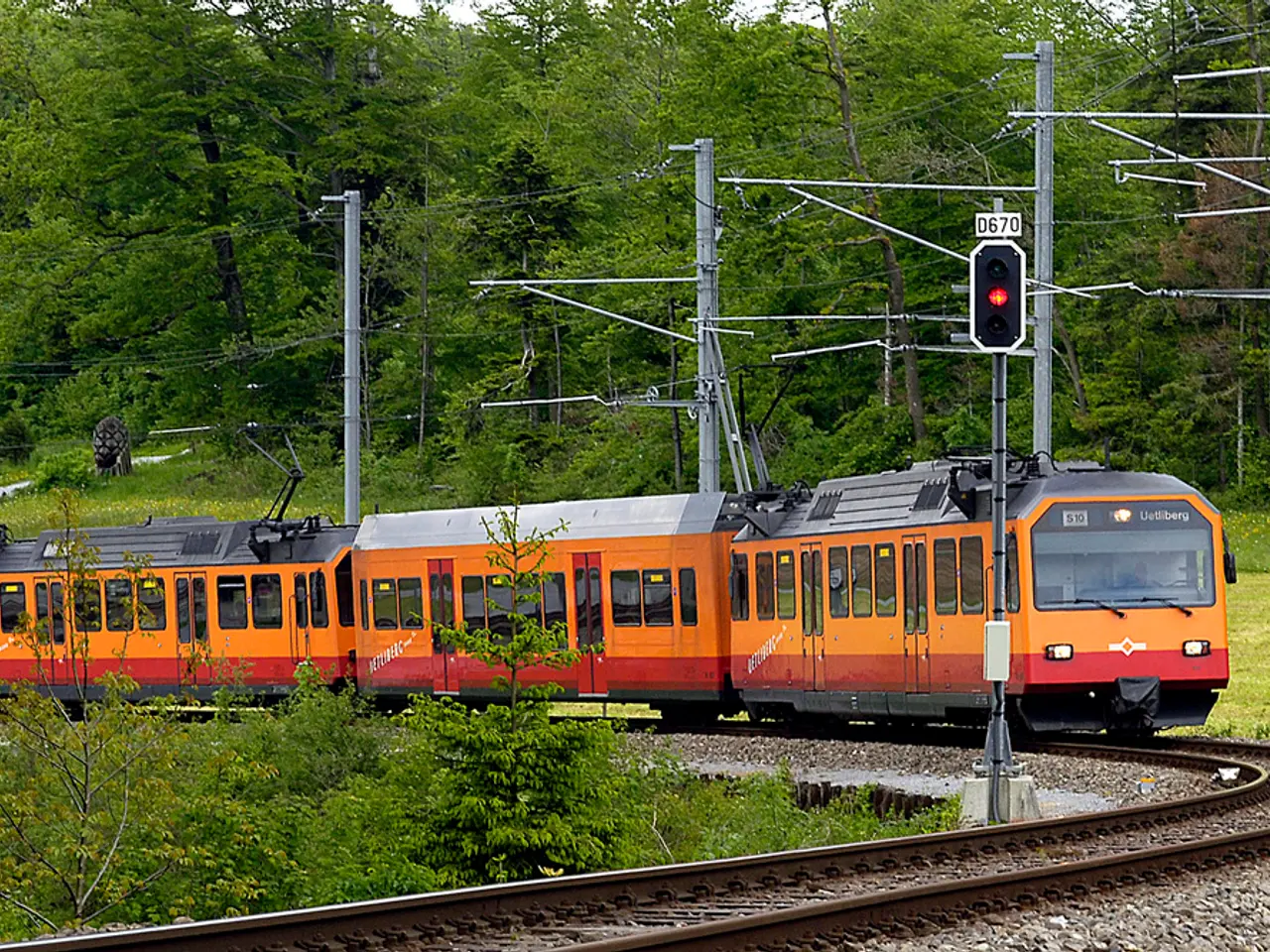Siemens Mobility Invests €35 Million in New Battery Plant for Sustainable Rail Transport
Siemens Mobility is investing €35 million in a new battery production facility in Luhe-Wildenau, Upper Palatinate. The plant, set to commence series production in October 2027, will focus on battery systems for regional trains and freight locomotives, marking a significant step towards sustainable rail transport.
The new facility will produce complete battery systems, including Siemens' proprietary battery management system. These systems will range from 500 kilowatt-hours to 2,000 kilowatt-hours, meeting the high demands of rail vehicles in terms of cooling and safety.
Initially, Siemens will source battery cells from external manufacturers like Toshiba and CATL. However, the company is also exploring options for battery-electric locomotives in freight traffic, which require particularly high energy density.
The battery systems produced in Luhe-Wildenau will be suitable for both pure electric and hybrid concepts, expanding their application range. Siemens expects to produce up to 120 megawatt-hours of annual battery capacity at the site.
The new Siemens Mobility production facility in Luhe-Wildenau will play a crucial role in the transition to sustainable rail transport. By producing robust and long-lasting battery systems tailored to rail vehicles, Siemens aims to enhance regional traffic and freight operations, contributing to a greener future.
Read also:
- Aquatech purchases Koch's Direct Lithium Extraction business, merging Li-ProTM DLE technology into the PEARLTM Technology Platform.
- Construction and renovation projects in Cham county granted €24.8 million focus on energy efficiency
- A power crisis prevails in the Middle East, with the Gulf region potentially offering assistance.
- Finance Management Organization (FMO) secures €130 million syndicated loan for QNB Leasing in Turkey








